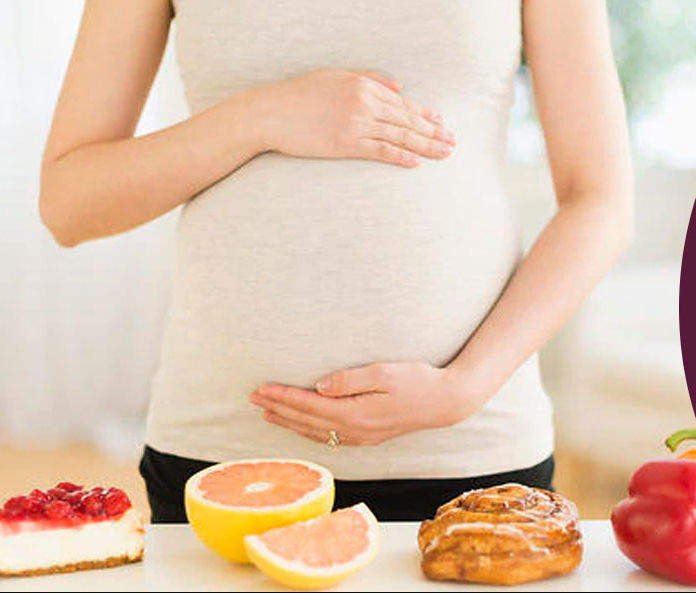Fruits to avoid while trying to conceive + video
Fruits to avoid while trying to conceive : For countless generations, diet has been intrinsically linked to fertility. Aspiring parents often consider dietary changes to improve their chances of conception. While most people are aware of foods and supplements that may boost fertility, not as many are informed about the ones that might hinder it. Among these potentially detrimental items are certain fruits. Although fruits are generally healthy and packed with essential nutrients, some of them might not be the best choice when trying to conceive.
What Food To Avoid If Trying To Conceive :
Fruits to avoid while trying to conceive
Papaya: At the top of this list is papaya, especially when it is unripe. It’s a common fruit enjoyed in many parts of the world, known for its sweet taste and vibrant color. However, unripe papayas contain latex, which can cause uterine contractions. This is especially concerning during the early stages of pregnancy when one might not even know they’re pregnant yet. These contractions could potentially lead to miscarriage. Additionally, papaya seeds have been traditionally used in some cultures as a natural contraceptive.
Pineapple: Another tropical fruit to approach with caution is the pineapple. While delicious and refreshing, pineapples contain an enzyme called bromelain. This enzyme is believed to break down proteins, which could potentially interfere with implantation. It’s the core of the fruit that contains the highest concentration of bromelain, so consuming a small amount of pineapple flesh might be safe. Nevertheless, moderation is key.
Grapes: Grapes are nutrient-dense fruits beloved by many. But, they might not be the best choice for those trying to conceive. They are known to generate heat in the body, which is not ideal for conception. Also, the resveratrol present in grapes, although beneficial for heart health, might interfere with the development of the fetus if consumed in large amounts.

Aloe Vera: Often mistaken as a cactus due to its spiky appearance, Aloe Vera is technically a fruit. While its gel is used for various health and beauty treatments, consuming Aloe Vera in large quantities might not be safe for those trying to conceive. It can stimulate contractions of the uterus and has been traditionally used to induce labor in some cultures.
Bitter Melon: Widely consumed in Asia for its health benefits, bitter melon might not be an ideal choice for those trying to get pregnant. It has been known to induce menstrual bleeding and cause abdominal pain, which can be detrimental for someone trying to conceive or during the early stages of pregnancy.
Dates: Dates are rich in many nutrients and are often recommended during the later stages of pregnancy to help with labor. However, in the initial stages of trying to conceive and early pregnancy, they might not be ideal. They are known to produce heat in the body and can lead to uterine contractions.
It’s important to note the dual roles that many of these fruits play. For instance, while dates might be risky in the early stages of pregnancy, they are often recommended during the last trimester to help with cervical dilation and to kickstart labor. Similarly, while grapes might generate body heat, they are also packed with antioxidants, making them beneficial in other contexts.
Factors Influencing the Effects of Fruits
- Amount Consumed: One of the critical factors that determine the effect of any food item, including fruits, on fertility is the amount consumed. Eating a piece of pineapple or a few grapes occasionally is unlikely to have a significant adverse effect. However, consuming them in large quantities frequently might pose a risk.
- Individual Body Responses: Every individual’s body reacts differently to different foods. Some might be more sensitive to the effects of certain fruits, while others might not notice any changes. It’s crucial to listen to one’s body and observe any changes after consuming certain fruits.
- Cultural and Geographical Differences: Dietary habits, and the effects of certain foods, can vary across different cultures and regions. Some fruits might be considered beneficial in one culture and detrimental in another. It’s essential to be aware of the local beliefs and practices related to diet and fertility.
- Processing and Preparation: The way a fruit is processed or prepared can influence its impact on the body. For instance, bromelain in pineapples is heat-sensitive. Cooking or grilling the fruit can reduce its bromelain content, potentially making it safer for consumption.
In conclusion, while fruits are an integral part of a balanced diet, offering a plethora of health benefits, it’s crucial to consume them mindfully when trying to conceive. It’s always a good idea to consult with a nutritionist or a healthcare provider about dietary choices during this critical phase. Remember, moderation is key, and individual experiences can vary, so it’s essential to find what works best for one’s body.
